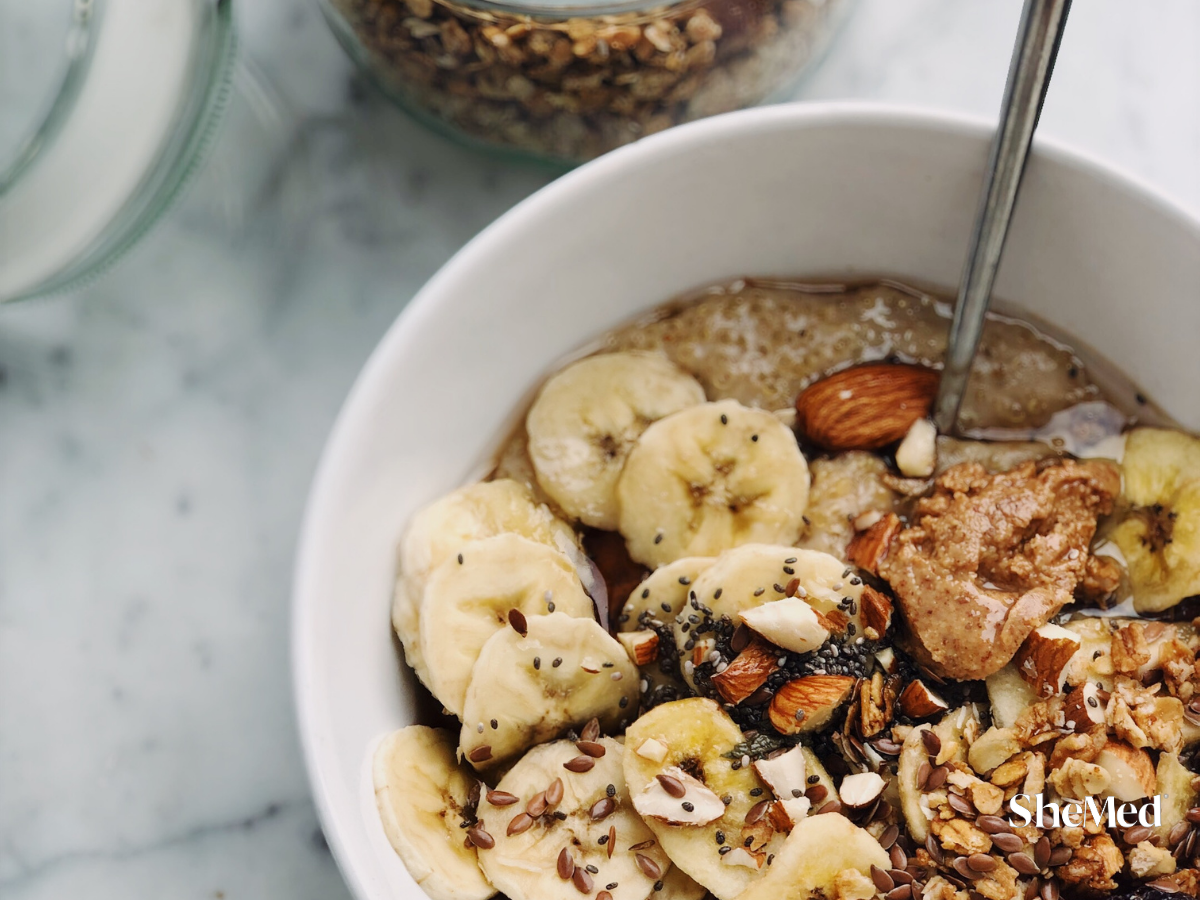
Detox diets have gained immense popularity, particularly among British women seeking quick solutions for weight loss, increased energy, and improved overall well-being. These diets promise to eliminate toxins from the body and reset health. From juice cleanses to fasting regimens, the allure of a “clean slate” is compelling, especially in a world where processed foods and environmental pollutants are commonplace.
However, while detox diets may seem like the ultimate health fix, it is essential to understand their scientific basis, potential benefits, and associated risks. This guide offers a comprehensive exploration of detox diets, shedding light on their mechanisms, claims, and healthier alternatives. By the end of this article, British women will have the knowledge to make informed choices about their dietary practices and overall health.
What are Detox Diets?
Detox diets are temporary dietary interventions designed to rid the body of toxins, chemicals, and impurities. They often involve significant dietary restrictions, focusing on consuming specific foods, beverages, or supplements. Proponents claim these diets improve digestion, boost energy, and promote weight loss.
Common Types of Detox Diets and Their Claims
- Juice Cleanses
- Involve consuming only fresh fruit and vegetable juices for 1–7 days.
- Aim to flood the body with nutrients while giving the digestive system a “break.”
- Water Fasting
- Requires abstaining from all food and consuming only water for 24–72 hours.
- Claims to stimulate cell repair and autophagy (removal of damaged cells).
- Elimination Diets
- Focus on removing processed foods, sugar, gluten, dairy, and other potential allergens.
- Typically lasts 2–6 weeks to identify food sensitivities or intolerances.
- Detox Teas and Supplements
- Use herbal teas or supplements marketed to enhance liver or digestive function.
- Often include laxatives or diuretics, which may have unwanted side effects.
How Detox Diets Work
Detox diets are not supported by scientific evidence and are not recommended by the NHS. Here's what the research and NHS say about detox diets:
Lack of Scientific Evidence
There is little to no scientific evidence supporting the effectiveness of detox diets. A 2015 review concluded that there was no compelling research to support the use of "detox" diets for weight management or eliminating toxins from the body. Most claims made by detox diet promoters are exaggerated and not based on robust science.
Natural Detoxification
The human body has its own natural detoxification systems, primarily through the liver, kidneys, skin, and digestive system. These organs work together to process and eliminate waste products and toxins naturally, without the need for special diets or supplements.
NHS Stance
The NHS does not recommend or endorse detox diets (NHS). England's most senior doctor has warned against trying quick-fix diets and high street remedies that are "too good to be true". The NHS advises that there is no need to follow a special detox diet, as the body is well-equipped to detoxify and remove waste on its own.
Potential Risks
Detox diets can be potentially harmful, especially if followed for extended periods. Some risks include:
- Nutrient deficiencies due to restrictive eating
- Disruption of normal body functions
- Dehydration, especially if the cleanse involves fasting
- Digestive distress, particularly if laxatives are involved
Healthy Alternatives
Instead of following detox diets, the NHS recommends adopting a balanced approach to eating and lifestyle:
- Eat a varied diet with plenty of fruits and vegetables
- Stay hydrated by drinking water and sugar-free drinks
- Limit alcohol and caffeine intake
- Get regular exercise
- Maintain a healthy sleep schedule
In conclusion, while detox diets may seem appealing, they are not scientifically proven to be effective or necessary. The NHS and other health authorities recommend focusing on overall healthy eating habits and lifestyle choices rather than relying on short-term, potentially harmful detox regimens.
Potential Benefits of Detox Diets
Despite limited scientific support, detox diets may offer some perceived benefits, particularly in the short term. These benefits often stem from cutting out processed foods and adopting healthier eating patterns.
Increased Fruit and Vegetable Intake
- Detox diets often encourage the consumption of fruits and vegetables, which are rich in vitamins, minerals, and antioxidants.
- For example, diets high in vitamin C (found in citrus fruits) or polyphenols (in berries) can support overall health. (NHS)
Short-Term Weight Loss
- Detox diets often result in rapid weight loss due to calorie restriction and water loss.
- While this may seem promising, the lost weight is typically regained once normal eating resumes, as it doesn’t reflect fat loss.
Improved Awareness of Eating Habits
- Following a detox diet can make individuals more mindful of their eating habits, encouraging them to reduce processed foods and sugary snacks.
- This behavioural shift may lead to longer-term improvements in diet quality.
Potential Risks and Drawbacks of Detox Diets
While detox diets might offer some short-term benefits, they often come with significant risks, particularly when followed for extended periods.
Nutrient Deficiencies
Restrictive detox diets can lead to inadequate intake of essential nutrients like:
- Protein: Necessary for muscle repair and immune function.
- Iron and Vitamin B12: Critical for energy production and blood health.
Source: British Dietetic Association (BDA)
Muscle Loss
- Inadequate protein intake during detox diets can lead to the breakdown of muscle tissue.
- This not only weakens the body but also slows metabolism, making it harder to maintain a healthy weight.
Source: The National Institute on Aging (NIA)
Digestive Issues
- Overconsumption of fibre-rich juices can cause bloating or diarrhoea, while lack of dietary diversity may lead to constipation.
Source: Harvard Health Publishing
Rebound Weight Gain and Yo-Yo Dieting
- The cycle of rapid weight loss followed by weight regain, known as yo-yo dieting, has been linked to increased risk of cardiovascular disease and metabolic disorders.
Source: NHS
A Healthy Detox Alternative: Balanced Nutrition
Instead of extreme detox diets, focus on a balanced, whole-food diet that supports the body’s natural detoxification processes.
Key Components of a Balanced Diet
- Whole Foods: Include fruits, vegetables, whole grains, and lean proteins.
- Hydration: Drink plenty of water to support kidney function.
- Healthy Fats: Incorporate sources like avocados, nuts, and olive oil.
Sample Meal Plan

Detox Diets and Women’s Health: Specific Considerations
Detox diets may have unique implications for women’s health, particularly for those with specific conditions.
Hormonal Health
- Detox diets may disrupt hormonal balance, especially for women with conditions like PCOS or endometriosis.
- Low-fat diets, common in detox plans, can interfere with the production of hormones like oestrogen. (National Institute of Child Health and Human Development)
Pregnancy and Breastfeeding
- Detox diets are unsuitable for pregnant or breastfeeding women, as these periods require increased nutrient intake for the health of both mother and baby.
Conclusion
Detox diets may seem like a quick fix for health and weight loss, but their benefits are often outweighed by potential risks. The body is inherently equipped to detoxify itself when supported by a balanced diet, proper hydration, and a healthy lifestyle.
Key Takeaways
- Focus on long-term dietary changes rather than temporary detox regimens.
- Prioritise whole, unprocessed foods to support overall health.
- Consult a healthcare professional before starting any restrictive diet, especially if you have underlying health conditions.
References
- NHS. (n.d.). Live well: Eat well. Retrieved from https://www.nhs.uk/live-well/eat-well/
- British Dietetic Association. (n.d.). Detox Diets: Myths and Facts. Retrieved from https://www.bda.uk.com
- Harvard Health Publishing. (n.d.). Should you try a detox diet? Retrieved from https://www.health.harvard.edu
- Tommy’s. (n.d.). Nutrition in Pregnancy. Retrieved from https://www.tommys.org
- NICE. (n.d.). Weight management. Retrieved from https://www.nice.org.uk
- Examine.com. (n.d.). Energy and Diets. Retrieved from https://examine.com
- Klein, A. V., & Kiat, H. (2015). Detox diets for toxin elimination and weight management: A critical review of the evidence. Journal of Human Nutrition and Dietetics, 28(6), 675–686. https://doi.org/10.1111/jhn.12286
Take charge of how you look and feel.
Backed by science. Guided by experts.
SheMed’s medical weight loss programme combines expert care and science-backed treatment to help you feel and look your best — for life.
SheMed’s medical weight loss programme combines expert care and science-backed treatment to help you feel and look your best — for life.
The content on the SheMed blog is provided for general informational and educational purposes only. While SheMed provides professional weight loss services and strives to ensure the information shared is accurate and up to date, we make no representations or guarantees as to its accuracy, completeness, or timeliness. This content should not be taken as personal medical advice or a substitute for consultation with a qualified healthcare provider. Always speak with your doctor or licensed medical professional about your individual health or medical needs before starting any new treatment or programme. Never disregard or delay seeking professional medical advice because of something you have read on this site. SheMed is not responsible for any actions you may take based on the information provided in this blog.
Subscribe to our Newsletter
Thank you! Your submission has been received!
Oops! Something went wrong while submitting the form.


